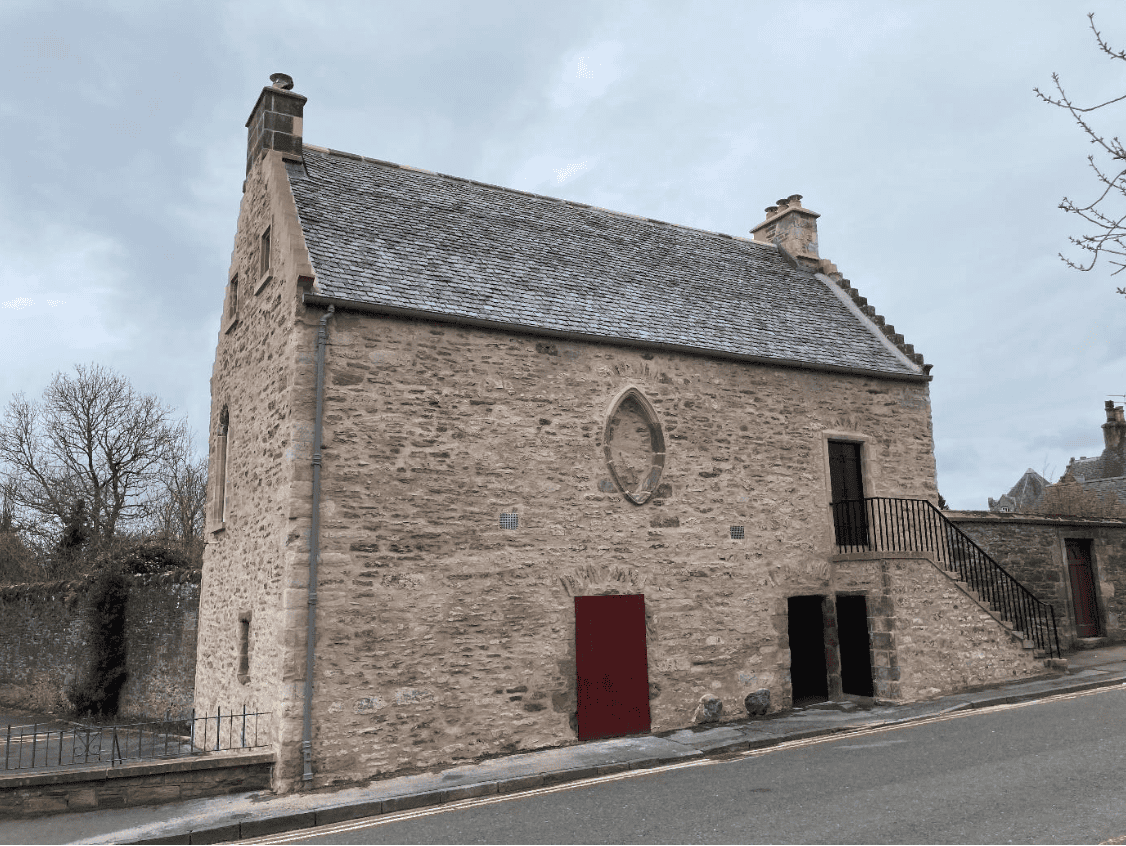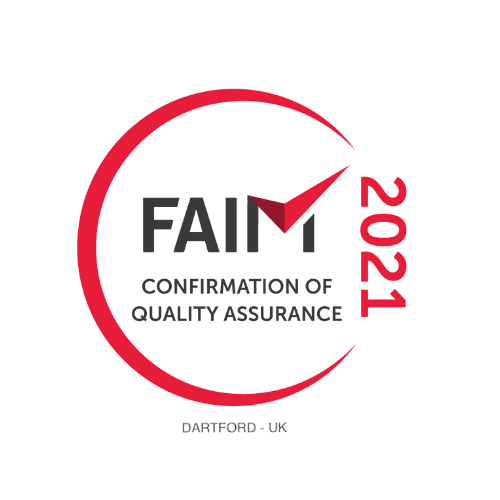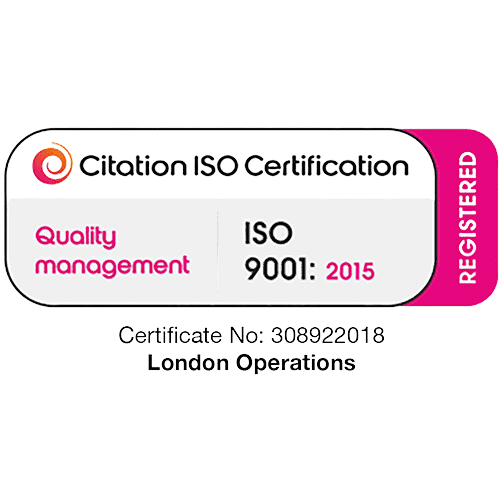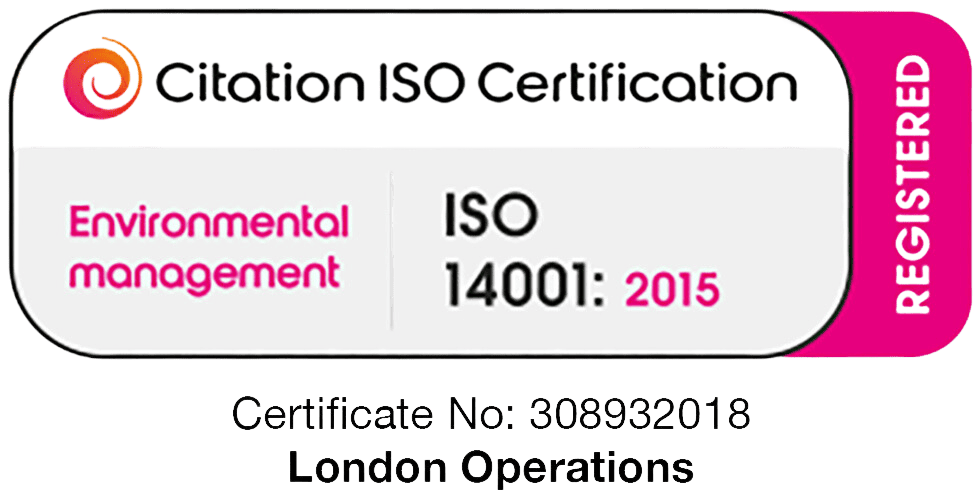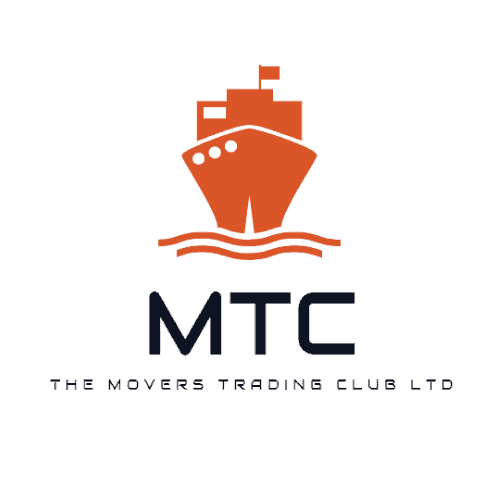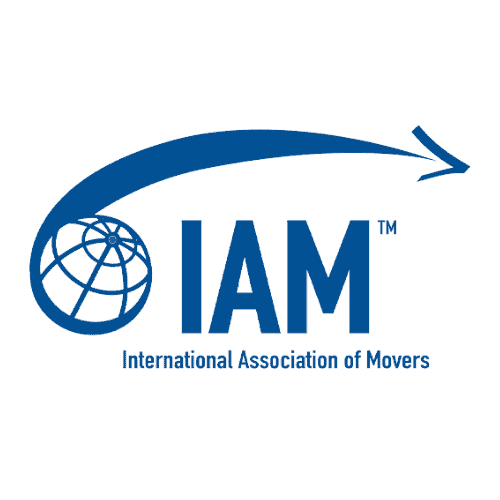Moving to Malta from the UK can be a dream come true for many, offering a chance to enjoy the Mediterranean lifestyle with its warm climate, rich history, and vibrant culture. However, post-Brexit changes, financial planning, and settling into a new country can seem daunting. Here’s a comprehensive guide to help you navigate through the process.
Can I Move to Malta from the UK After Brexit?
Yes, you can still move to Malta from the UK after Brexit, but the process has changed. UK citizens are no longer EU citizens, which means you will need to apply for a visa or residence permit to stay in Malta for more than 90 days within a 180-day period. The type of visa or permit depends on your reason for moving, such as work, study, or retirement.
To prepare for your move to Malta post-Brexit, it’s advisable to:
- Stay informed about the latest visa and residency requirements by consulting the Maltese embassy or consulate in the UK.
- Consider seeking advice from a legal professional specialising in immigration to navigate the application processes smoothly.
- Plan your healthcare coverage and ensure you have the necessary insurance in place.
- Research the job market and work permit requirements if you intend to work in Malta.
Visa Options When Moving from the UK to Malta
Brexit has introduced new layers to the process of moving from the UK to Malta, requiring visas and residence documents for long-term stays. However, the transition remains facilitated by the shared history, language, and cultural ties between the two nations. Below is a streamlined guide to navigating these changes:
Quick Facts on Entry and Residence
- Visa-Free Entry: UK citizens can enter Malta without a visa for up to 3 months.
- Long-Term Stay: For stays over 3 months, apply for a residence permit via Identity Malta.
- Work in Malta: A Type D visa is required, leading to a work permit based on the job sector.
- Permanent Residence: Achievable after five years with proof of income and other requirements.
- Special Visas: Available for those engaged/married to Maltese or EU citizens, facilitating job searches.
Key Steps for Permanent Residence
- Apply at DCEA: Must open an account with Bank of Valetta or Lombard Bank.
- Requirements: Proof of legitimate income, a health certificate, and a comprehensive police certificate.
Citizenship and Residency Programmes
- Malta Citizenship by Investment: For non-EU high net-worth individuals, offering an EU passport.
- Malta Global Residency Programme (MGARP): Open to all nationalities, including UK nationals, providing healthcare, education, and EU travel benefits.
Studying in Malta
- Student Visa: Allows study for up to three years at accredited institutions, requiring proof of qualifications, financial support, health insurance, and an acceptance letter.
How Much Money Do I Need to Move to Malta?
The amount of money you need to move to Malta varies depending on your lifestyle, the size of your family, and how you plan to live. Initially, you should budget for moving costs, rent, a deposit (usually equivalent to one month’s rent), and living expenses for at least the first three months.
The cost of living in Malta is relatively low compared to other Western European countries but can vary significantly depending on the area. Essentials like food, public transport, and utilities are reasonably priced. However, certain costs, such as eating out and leisure activities, can add up.
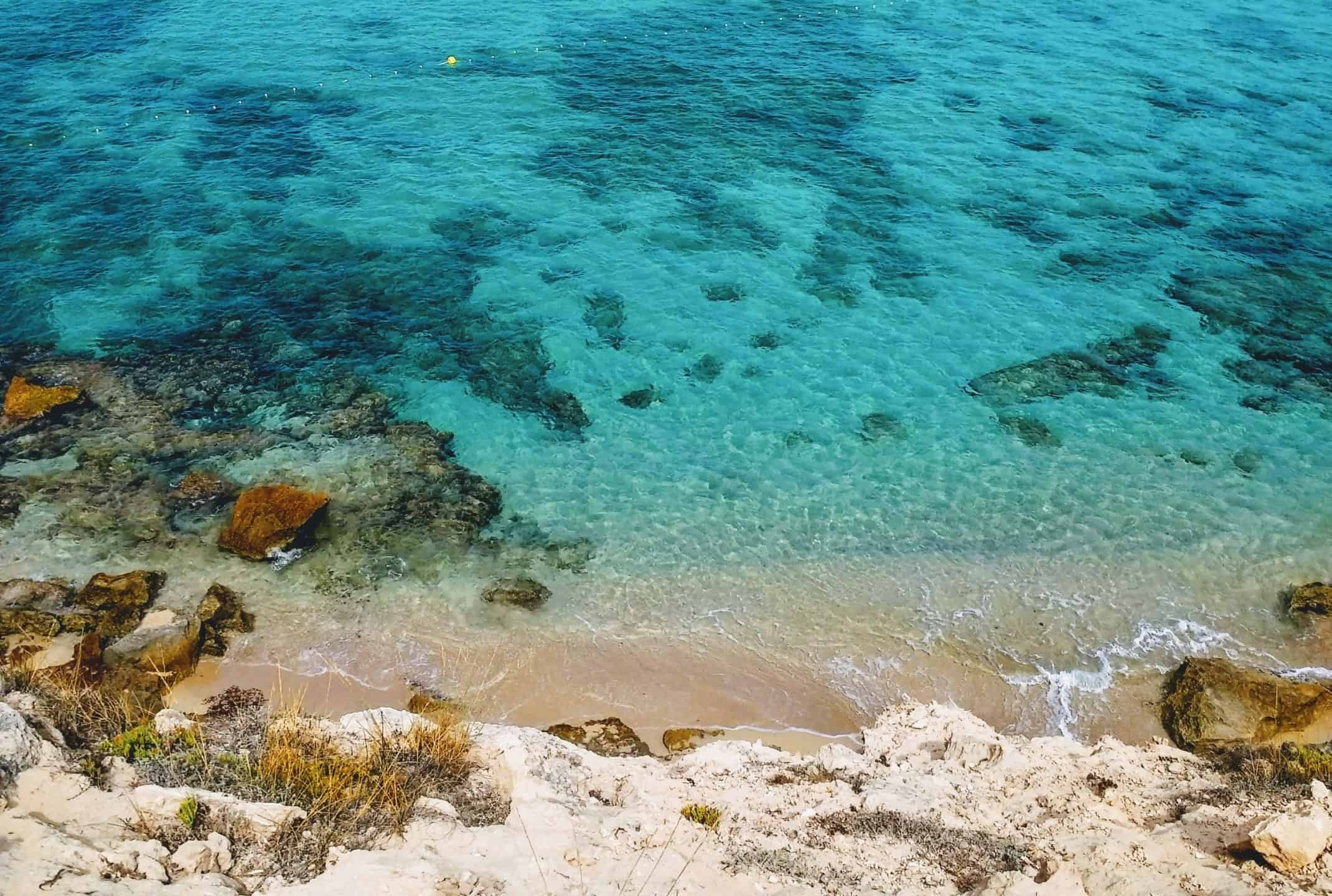
Managing Currency Exchange
Fluctuations in currency exchange rates can have a considerable effect on your financial planning. It’s important to keep a close eye on these rates and strategically time your exchanges to get the most value. Engaging with a currency exchange specialist like Smart Currency Exchange can be beneficial. They provide competitive exchange rates and customised solutions designed to enhance your currency conversion process. With their professional advice, you can achieve efficient and economical transfers, giving you added confidence in your financial transactions.
Income Tax for Individuals
Malta has a progressive income tax system for individuals, with rates ranging from 0% to 35%. Tax rates depend on your income level and residency status. Expats who reside in Malta for more than 183 days a year are considered tax residents and are taxed on their worldwide income.
Tax Considerations for International Moves
It’s crucial to recognise the tax requirements both in your home country and your future residence. Tax regulations can significantly differ, particularly for individuals moving abroad. For a thorough understanding of your tax duties and strategic planning, it’s advisable to seek advice from a tax professional experienced in international moves. We recommend Beavis Morgan accountants, tax and business advisers.
Renting and Buying Property in Malta
The rental market in Malta is diverse, offering everything from modern apartments to traditional houses. Prices vary greatly by location and property type, with higher costs in popular expat areas and lower prices in rural or less touristy areas.
Buying property in Malta is straightforward, with certain restrictions for non-residents. Non-EU citizens may need a permit to buy property, and there are designated areas where they can purchase without restrictions. Property prices have been rising, but there are still opportunities for investment or finding a dream home.
Working in Malta
The Maltese economy is robust, with opportunities in sectors like gaming, finance, tourism, and technology. EU citizens have the right to work in Malta without a work permit, while non-EU citizens will need to secure a job offer and obtain a work permit.
Healthcare
Healthcare in Malta is known for its high standards and accessibility, making it an attractive aspect for UK citizens considering a move. The Maltese healthcare system comprises both a public sector, which provides services free of charge at the point of delivery for residents, and a private sector, which operates alongside it. Here’s what UK citizens moving to Malta need to know about accessing healthcare services:
Public Healthcare System
The public healthcare system in Malta offers comprehensive coverage, with services ranging from primary care to specialised treatments. UK citizens who are legal residents in Malta can access these services under the same conditions as Maltese nationals. This access typically requires registration with the Maltese health system, which may involve presenting a residency card, employment details, and evidence of social security contributions if employed.
Health Insurance
While public healthcare is extensive, some residents choose to have private health insurance to cover services not fully provided by the public system, such as certain dental treatments, or to access private healthcare providers for faster service. UK citizens moving to Malta may find private health insurance beneficial, particularly during any waiting period for eligibility to public healthcare or for services that offer more convenience and choice.
Reciprocal Healthcare Agreement
Following Brexit, the UK and Malta have maintained a reciprocal healthcare agreement allowing UK nationals living in Malta, and vice versa, to access necessary healthcare. UK pensioners who retire in Malta can also access healthcare if they obtain an S1 form from the UK. This form is part of a system that allows individuals who are not working and receive a UK state pension to access healthcare in Malta funded by the UK. However, the specifics of these arrangements can change, so it’s advisable to check the latest information.
European Health Insurance Card (EHIC) and Global Health Insurance Card (GHIC)
For temporary stays, UK citizens can use the European Health Insurance Card (EHIC) or the Global Health Insurance Card (GHIC) to access state healthcare in Malta during visits. These cards cover treatment that is medically necessary until the return to the UK. It’s important to note that the EHIC and GHIC are not replacements for comprehensive travel insurance.
Accessing Healthcare Services
To access healthcare services in Malta, residents typically need to register with a General Practitioner (GP) in their local area, who can provide primary care and referrals to specialists if needed. Emergency services are available at Mater Dei Hospital, the main public general hospital in Malta, and through other specialised hospitals and clinics throughout the islands.
Prescription Medication
Prescription medications are available from pharmacies across Malta. For those eligible for public healthcare, medications prescribed by a GP are usually provided at a reduced cost or free of charge, depending on the treatment.
Considerations for UK Citizens
- Registration: Ensure you’re properly registered to access healthcare in Malta, whether through employment, residency, or other eligible means.
- Insurance: Evaluate the need for private health insurance based on your healthcare needs and preferences.
- Documentation: Keep relevant documents accessible, such as your EHIC/GHIC (for visits) or proof of entitlement to healthcare in Malta (for residents).
Educational Institutions and Childcare in Malta
Malta has a range of educational options, including public, private, and international schools. The education system is well-regarded, and many schools offer programmes in English.
Lifestyle, Things to Do in Malta
Malta, a Mediterranean gem, offers a rich tapestry of history, culture, and natural beauty, making it an ideal destination for expatriates seeking a blend of leisure and adventure. The Maltese lifestyle is characterised by its laid-back Mediterranean pace, where life is savoured, and community and family take centre stage. Here’s a deeper dive into the lifestyle and myriad activities that Malta has to offer.
Outdoor Living
With over 300 days of sunshine a year, Malta’s climate encourages an outdoor lifestyle. The islands are a haven for beach lovers, offering a variety of beaches from sandy shores like Mellieha Bay to rocky coasts such as those near Żurrieq. Water sports, including diving, snorkelling, sailing, and windsurfing, are popular, given Malta’s crystal-clear waters and rich marine life.
Cultural Riches
Malta’s history spans over 7,000 years, evidenced by its UNESCO World Heritage Sites, such as the ancient Ħaġar Qim and Mnajdra Temples, and the historic capital city of Valletta. Exploring Malta’s old towns and cities, with their narrow winding streets, baroque architecture, and fortified walls, offers a glimpse into the past. The islands are also known for their vibrant festas (feasts) in honour of patron saints, featuring fireworks, processions, and community gatherings, showcasing Malta’s strong religious and cultural heritage. In fact, the Maltese Islands are home to a whopping 359 churches, cathedrals, and chapels, showcasing the deep-rooted faith and devoutness of the Maltese population at every turn.
Gastronomy
Maltese cuisine reflects its history, with influences from Sicilian, Middle Eastern, and British kitchens, among others. Traditional dishes such as pastizzi (ricotta or pea-filled pastries), rabbit stew, and ġbejniet (sheep’s or goat’s cheese) are must-tries. The local dining scene ranges from casual eateries serving hearty meals to fine dining restaurants offering innovative dishes. Malta’s vineyards are gaining recognition, with local wineries offering tours and tastings.
Nightlife and Entertainment
The nightlife in Malta caters to all tastes, from lively nightclubs in Paceville to more laid-back bars and pubs dotting the islands. The summer months are particularly vibrant, with numerous music festivals, open-air concerts, and beach parties. For a more cultural evening, one might attend performances at the Teatru Manoel, one of Europe’s oldest working theatres, or enjoy outdoor cinema events that take place in historic settings.
Leisure and Recreation
Malta offers a plethora of leisure activities, from hiking and cycling in the countryside to leisurely walks along the promenades of Sliema and the Three Cities. The islands also host international sporting events, including sailing regattas and motorsports, offering enthusiasts a chance to witness or participate in these events. For those interested in learning new skills, numerous workshops and classes are available, ranging from cooking and art to diving certifications.
Family Activities
For those moving with families, Malta is incredibly welcoming to children. Numerous parks, playgrounds, and family-friendly beaches offer spaces for children to play and explore. Educational and fun activities, such as interactive science centres, aquariums, and theme parks, ensure there’s always something to keep the younger ones entertained. Additionally, Malta’s compact size makes it easy for families to explore different parts of the islands without long travel times.
Exploring Beyond
While Malta itself offers a wealth of activities, its location in the Mediterranean makes it a perfect base for exploring nearby destinations. Sicily, with its rich history and cuisine, is just a short ferry ride away, and other Mediterranean locales are easily accessible for weekend getaways or longer explorations.

Getting Around in Malta
Public transport in Malta is accessible and affordable, with a comprehensive bus network. However, many residents choose to drive for convenience.
Why Choose Doree Bonner International?
For your move to Malta, Doree Bonner International offers a comprehensive moving service and insurance, ensuring a seamless transition:
- Packing & Export Wrapping: Expert packing services to protect your belongings during transit.
- Door to Door Service: Hassle-free international moving experience from your current home directly to your new residence in Malta.
- Customer Documentation Support: Assistance with all necessary moving documentation and customs clearance.
- Storage: Secure storage solutions if you need to store your belongings before or after the move.
- Unpacking: Unpacking services to help you settle into your new home quickly and effortlessly.
Choosing Doree Bonner International for your move to Malta means partnering with experts who understand the complexities of international relocation, providing peace of mind and allowing you to focus on enjoying your new Mediterranean life.
Contact us 24/7 to discuss your move requirements or get a free online quote.




